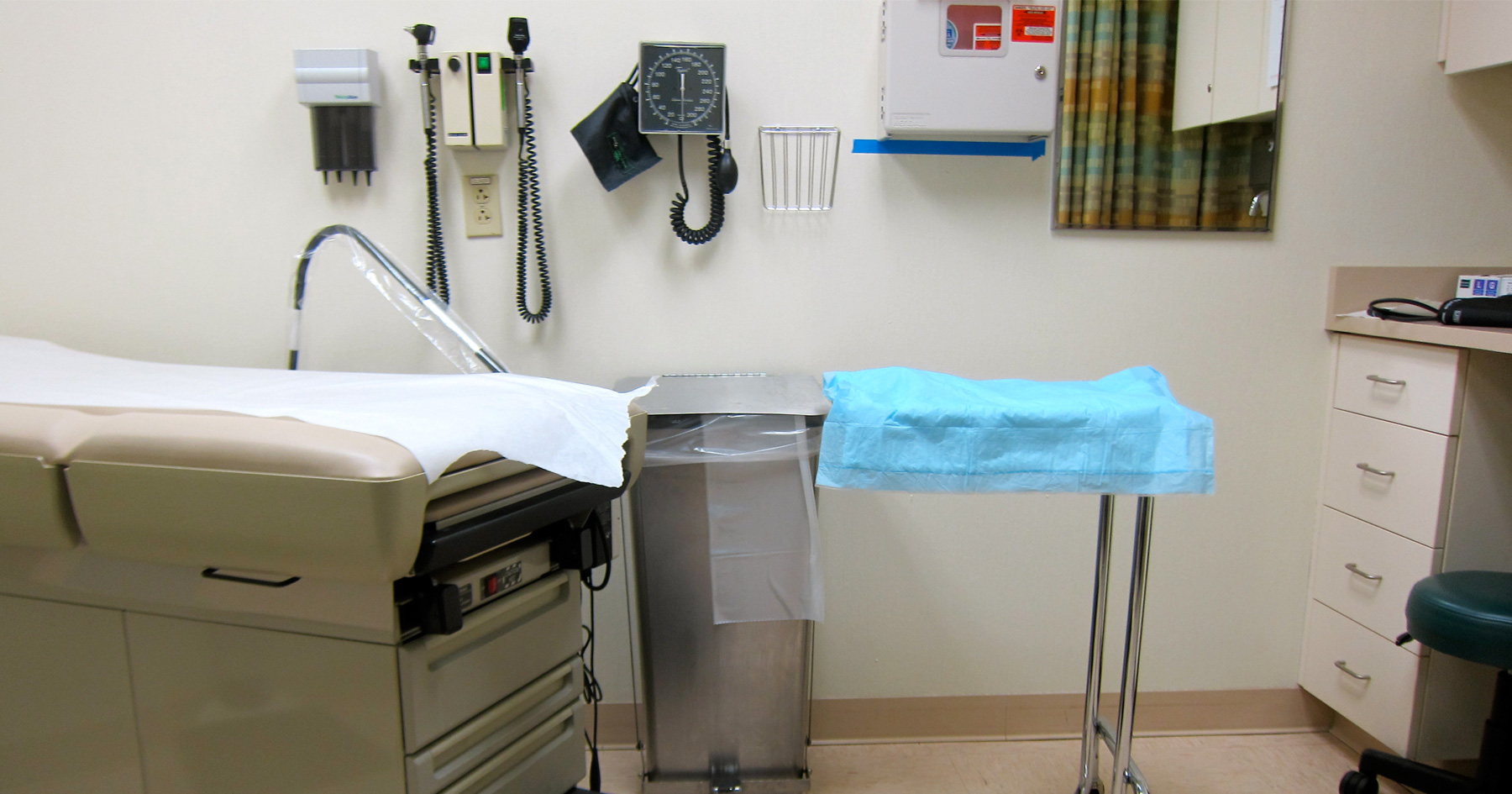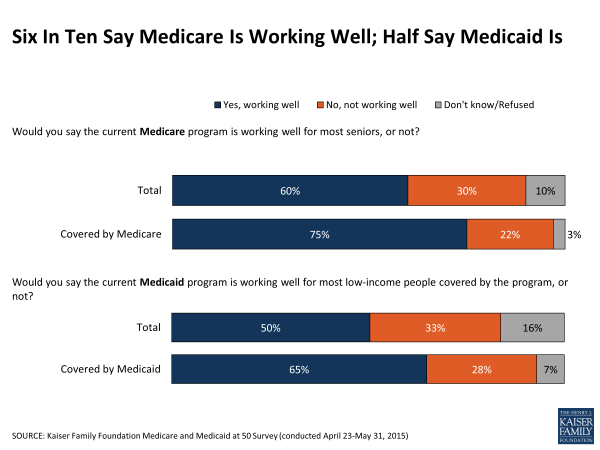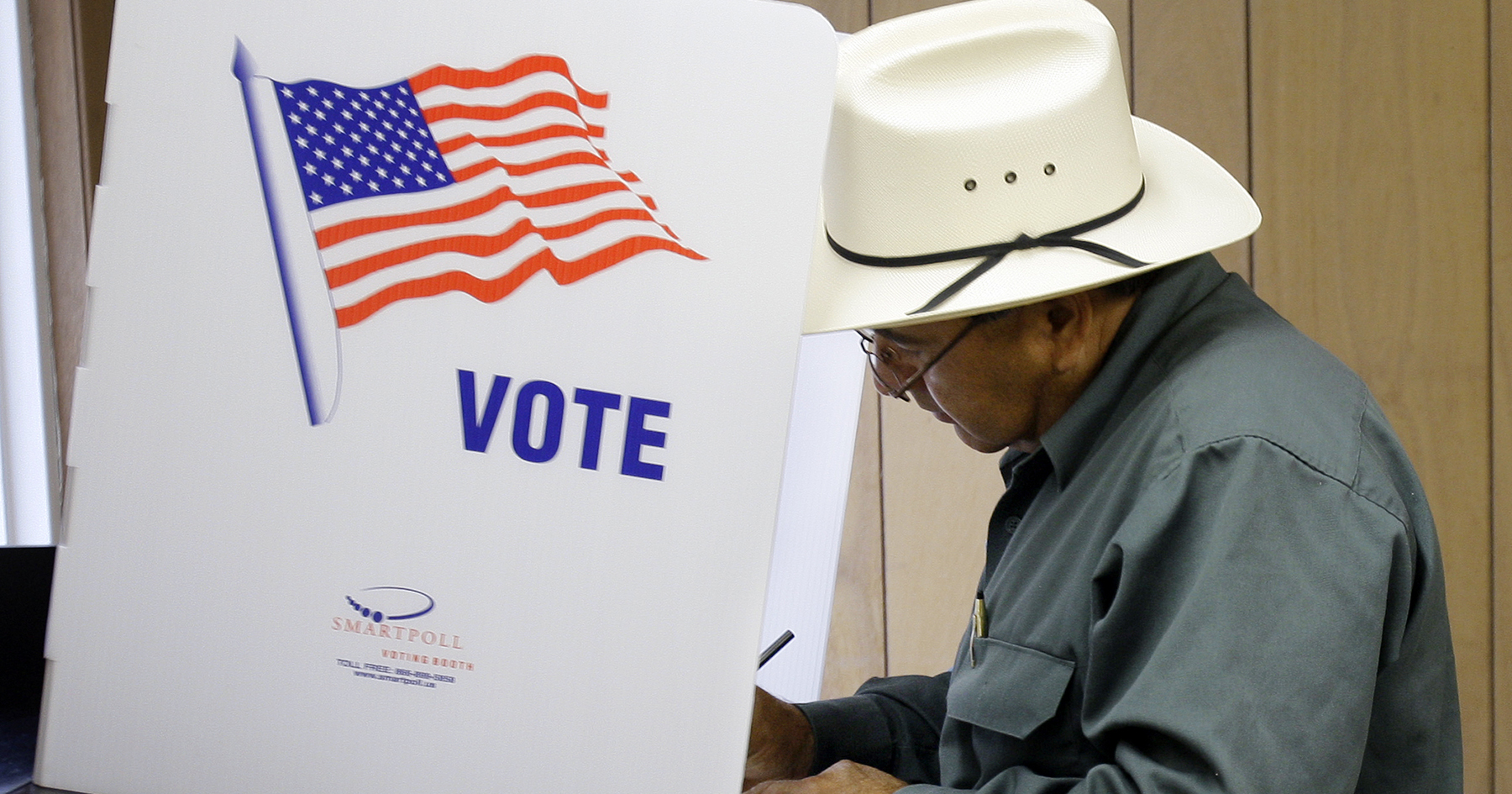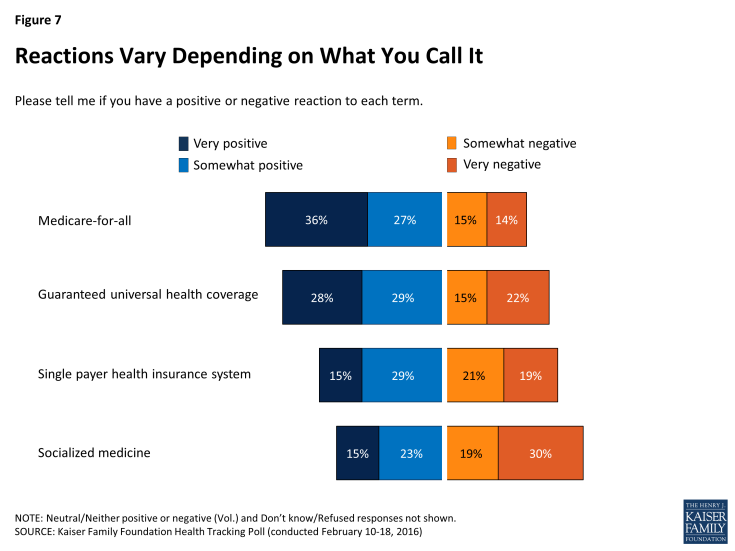Why People Who Benefit From Universal Health Care Are the Ones Who Oppose It

By:
There's growing support for a single-payer health care system in the U.S., under which every citizen would be guaranteed coverage and treatment. But, according to a new survey, the one age bracket that already benefits from a similar plan remains steadfast in its opposition to universal health care.
 Flickr/Jennifer Morrow - flic.kr
Flickr/Jennifer Morrow - flic.kr
Forty-five percent of Americans 65 or older reported moderate or strong opposition to single-payer health care, a Morning Consult/Politico poll recently found. By contrast, 45 percent of those between 18 and 29 said they support single-payer; only 33 percent are opposed.
That's an interesting divide given the popularity of Medicare, a single-payer, government program that provides health coverage to Americans 65 and older. In 2015, the Kaiser Family Foundation released a survey that showed 75 percent of Medicare beneficiaries believe the program is "working well." There were about 46 million seniors enrolled in Medicare in 2015.
 Kaiser Family Foundation - kff.org
Kaiser Family Foundation - kff.org
If seniors generally favor and benefit from a single-payer health care program, why do so many oppose its expansion?
It could be as simple as the wording of the survey question, Dr. Gerald Kominski, director of the UCLA Center for Health Policy Research, told ATTN:. Because seniors lean right politically, they're more likely to maintain conservative views about health care — and universal health care, or single-payer, is strongly opposed by most conservatives.
The fact that this same group benefits from a single-payer system is "just one of many, many examples where people hold diametrically opposed and inconsistent opinions on policy issues," Kominski said. "There's a word for that, and it's 'cognitive dissonance.'"
 AP Photo/Eric Gay - apimages.com
AP Photo/Eric Gay - apimages.com
Researchers should have asked survey participants if they knew that Medicare was a single-payer health care system, Kominski said. He suspects that many of the seniors who expressed opposition to a nationwide single-payer system "think [Medicare] is something else," potentially influencing their response.
Just as public opinion shifts when respondents are asked about the "Affordable Care Act" as opposed to "Obamacare" — both of which refer to the same health care law passed during the Obama administration — responses to this latest poll would likely have been different if the survey avoided the politicized term "single-payer" and instead asked about, for example, "Medicare-for-all." The Kaiser Family Foundation released a survey in 2016 that supports that point.
 Kaiser Family Foundation - kff.org
Kaiser Family Foundation - kff.org
"Nearly two-thirds (64 percent) of Americans say they have a positive reaction to the term 'Medicare-for-all' and more than half (57 percent) say they have a positive reaction to the term 'guaranteed universal health coverage,'" the survey found. "Less than half of Americans report a positive association with the phrases 'single payer health insurance system' (44 percent) and 'socialized medicine' (38 percent)."
